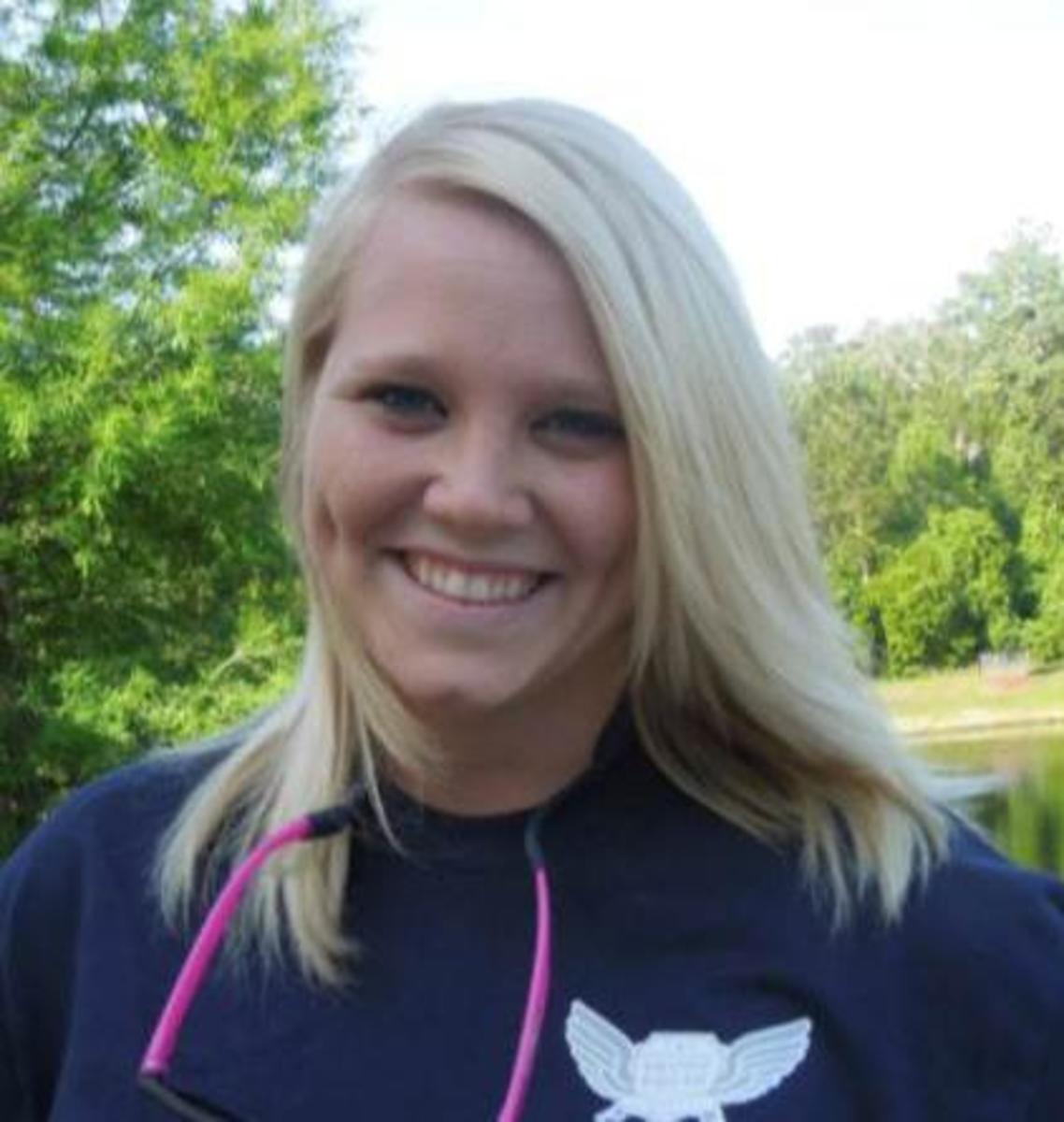
It’s no secret that the staff at The Spinnaker is not favorable to the Greek community. As a Greek woman and a Swoop Squad senior, I can understand why. As a fraternity or sorority member, we do expect to “run the school,” as your article referenced (a reckless quote without attribution, but I digress). We have the largest community at UNF in terms of organizations. Our influence is far-reaching; we raise huge amounts of money for charities, bring in large crowds to our events and, as “Sigma Gamma” pointed out, we have a significant majority in Student Government. The article implies that we run the government of UNF with our best interests in mind, not those of the 92% of students who are non-Greek (absolutely false; the past two Greek-run administrations have accomplished far more than the non-Greek SG President you referenced in terms of tangible results for the student body).
I think, however, your writers are confusing correlation for causality.
If you think about the type of person who is most likely to “go Greek,” a few personality traits come to mind. It’s mentioned in the article that potential members must go through “an elaborate process” in order to find their fraternal home. This is a socially grueling process, especially for sorority women. You must speak to people you don’t know (even more stressful: women you don’t know) for many hours on end, whilst wearing very uncomfortable shoes and smiling very big the whole time. This, I think, takes a special type of vigor, an outgoing personality and a very good attitude (some Dr. Scholl’s don’t hurt either).
These traits that I am blessed to possess, have allowed me to become Greek. And not JUST Greek: I am an involved Greek. Swoop Squad has been the single most important college experience for me. I welcome potential Ospreys to the campus, speak to their parents, maintain a relationship with many important offices on campus and become an advocate for UNF everywhere I go. Joining Swoop Squad was also a grueling process. As a tour guide and orientation leader, you have to be able to improvise, to entertain large crowds with little more than a microphone and your personality. I had to prove that I was comfortable with speaking to all types of students and parents. Not just anyone can do what Swoop Squad does for this school, and your article did not do the organization justice (also partially a result of more reckless quotes from Kris Dalton, but it is not my job to teach your writers responsible journalism).
From Presidential Envoys to Swoop Squad to Greek Life, these organizations share a single requisite: their members must be comfortable with themselves and outgoing enough to be comfortable with others. This translates to Student Government. Potential senators campaign throughout campus, seeking signatures and answering questions from complete strangers. Elected senators work in committees, collaborate with other UNF organizations and speak to the entire Senate. Student Government is not for the shy or fainthearted. Neither is Greek life.
Don’t get me wrong: not every sorority or fraternity member is a type-A personality. There is a place for everyone within Greek life. But a major mistake your writers made when working on this article was not taking into account the type of person needed to run both SG and fraternal organizations. Sure, only 8% of UNF students are Greek. But did it not occur to you that this 8% contains some of the most outgoing and motivated students? For these students, the transition from Greek life to SG or Swoop Squad is an easy one.
Are there outgoing individuals who are not Greek? Of course. Being Greek and being successful in Student Government are not mutually exclusive traits. Some of the best people I know at UNF are not Greek, but friendly and wonderful individuals who get involved with the university.
Was this article written unfairly towards Greek senators and campus leaders? Definitely.
I’m not trying to be a spokesperson for every sorority girl on campus, others may feel very differently than I do. This was my individual reaction to a poorly-written article.
Angela Bruno







